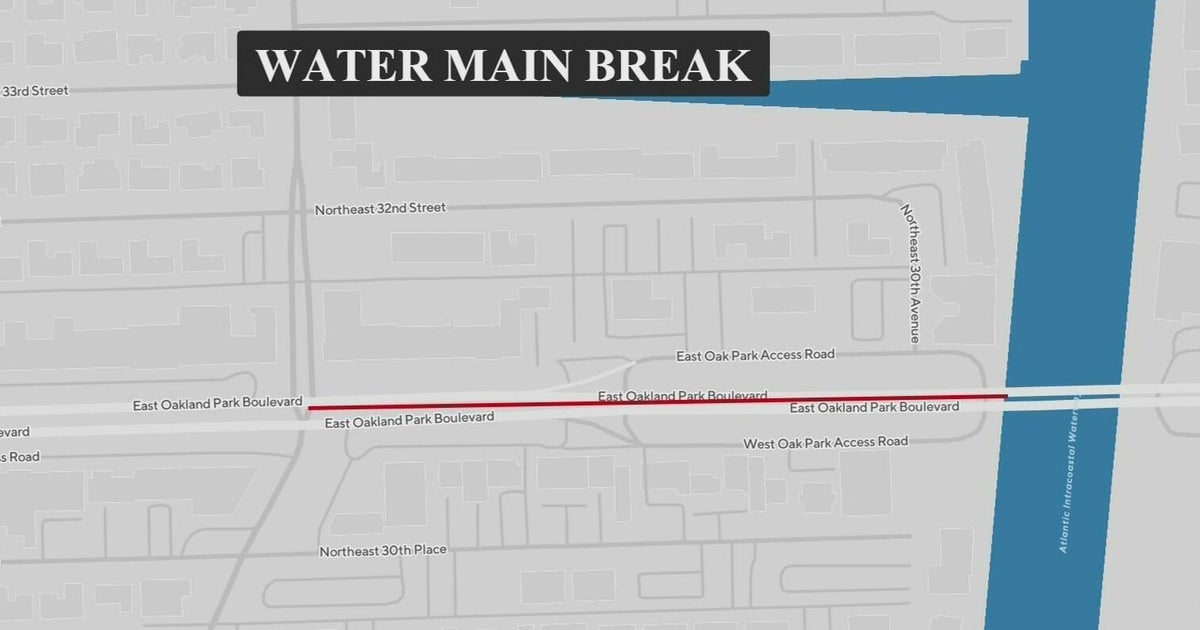TALLAHASSEE – Pointing to children’s psychological overall health and on the internet sexual predators, the Florida Residence on Wednesday handed a monthly bill that seeks to avoid youngsters under age 16 from getting social media accounts.
The Household voted 106-13 to approve the evaluate (HB 1), a precedence of Property Speaker Paul Renner, R-Palm Coastline. The concern will go to the Senate, amid arguments from components of the tech sector that the monthly bill would be unconstitutional.
“This is about preserving kids from addictive know-how and what we know harms them,” Renner explained to Household users just after the vote. “And what the social media platforms know. For years, they have recognised this and they have unsuccessful to act. By your vote these days, we have carried out so.”
Lawmakers said children have experienced psychological health and fitness problems for the reason that of such things as bullying on social media. They also explained the technological know-how tends to make kids targets for sexual predators.
“The real truth is, people today use these platforms to prey on our kids,” Rep. Kevin Chambliss, D-Homestead, reported.
Opponents questioned the bill’s constitutionality and stated it would just take away the legal rights of moms and dads to ascertain whether their little ones use social media. 13 Democrats voted against the bill, although 23 Democrats joined Republicans in supporting it.
Rep. Daryl Campbell, D-Fort Lauderdale, called the invoice a “comprehensive governmental overreach.”
“Mom and dad ought to have the supreme final decision-producing capacity for their kid,” Rep. Ashley Gantt, D-Miami, claimed. “I 100 p.c agree with the bill sponsors’ position of building confident that we shield youngsters. I 100 percent agree. But it need to not come at the price of dad and mom becoming ready to make the greatest determination in how they elevate their little one.”
The bill would avert minors less than 16 from producing social media accounts and would call for social media platforms to terminate current accounts that are “fairly recognized” by the platforms to be held by children young than 16. It also would let mom and dad to ask for that minors’ accounts be terminated.
The invoice would require platforms to use independent companies to conduct age verifications when new accounts are developed and would need the denial of accounts for people today who do not confirm their ages. The corporations would be required to delete the details following ages are confirmed.
Meta, the dad or mum firm of platforms these types of as Facebook and Instagram, and NetChoice, a tech field group, previous week criticized the proposal and raised the possibility that it would be challenged in courtroom.
NetChoice posted testimony on its site that said the invoice has “constitutional flaws.” It claimed federal courts have blocked very similar social-media restrictions in other states.
“If handed, HB 1 would violate minors’ First Modification legal rights by imposing a blanket restriction on entry to constitutionally safeguarded speech for any one who is possibly beneath the age of 16 or refuses to comply with the law’s age-verification specifications,” the business group said. “The simple fact that HB 1 covers the world wide web relatively than books, tv applications, or online video games, does not improve the Initial Modification difficulty.”
But Renner, an legal professional, instructed reporters that the monthly bill isn’t going to violate the First Amendment. He reported the invoice is directed towards “addictive technological know-how,” not articles.
“This is why we have narrowly outlined it, due to the fact It truly is a condition in which young ones won’t be able to stay off the platforms, and as a consequence of that, they have been trapped in an atmosphere that is harming their psychological overall health,” Renner reported.
The Senate version of the bill (SB 1788) has not begun shifting by way of committees as lawmakers close to the close of the third 7 days of the 60-day legislative session.
Also Wednesday, the Home unanimously passed an additional Renner priority (HB 3) that would involve age verification to try to stop minors beneath age 18 from getting entry to on-line pornography.
The monthly bill would established a sequence of requirements for analyzing no matter whether on the internet content would be destructive, these kinds of as no matter if it “appeals to the prurient interest” and “lacks serious literary, inventive, political, or scientific benefit for minors.”




